Top 10 Japanese Slang Words (To Use With Your Friends in 2023)
Top 10 Japanese Slang Words You Need to Know

You may be up to speed with the most recent English slang the young kids are using nowadays, but what about in Japan?
Today we dig into the wonderful world of Japanese slang!
The explosion of TikTok and the popularity of Youtubers has greatly influenced high schoolers and their vocabulary!
Therefore slang in Japan is ever evolving and keeping on top of it isn’t always easy for natives, let alone us students of Japanese.
With that being said, here are the top 10 most popular Japanese slang words used by high schoolers right now and where they come from.
Japanese Slang | きゅんです kyundesu
Japanese Slang | はにゃ?hanya?
Japanese Slang | ぴえん pien
Japanese Slang | おはようでやんす ohayoudeyansu
Japanese Slang | あせあせ asease
Japanese Slang | 〇〇しか勝たん 〇〇shikakatan
Japanese Slang | うっせぇわ usseewa
Japanese Slang | それな sorena
Japanese Slang | 蜜ですmitsudesu
Japanese Slang | すいやせぇん suiyaseen
Japanese Slang | FAQs
きゅんです Kyundesu
きゅん is originally an onomatopoeia for a heart filled with emotion or being chocked up because of powerful feelings.
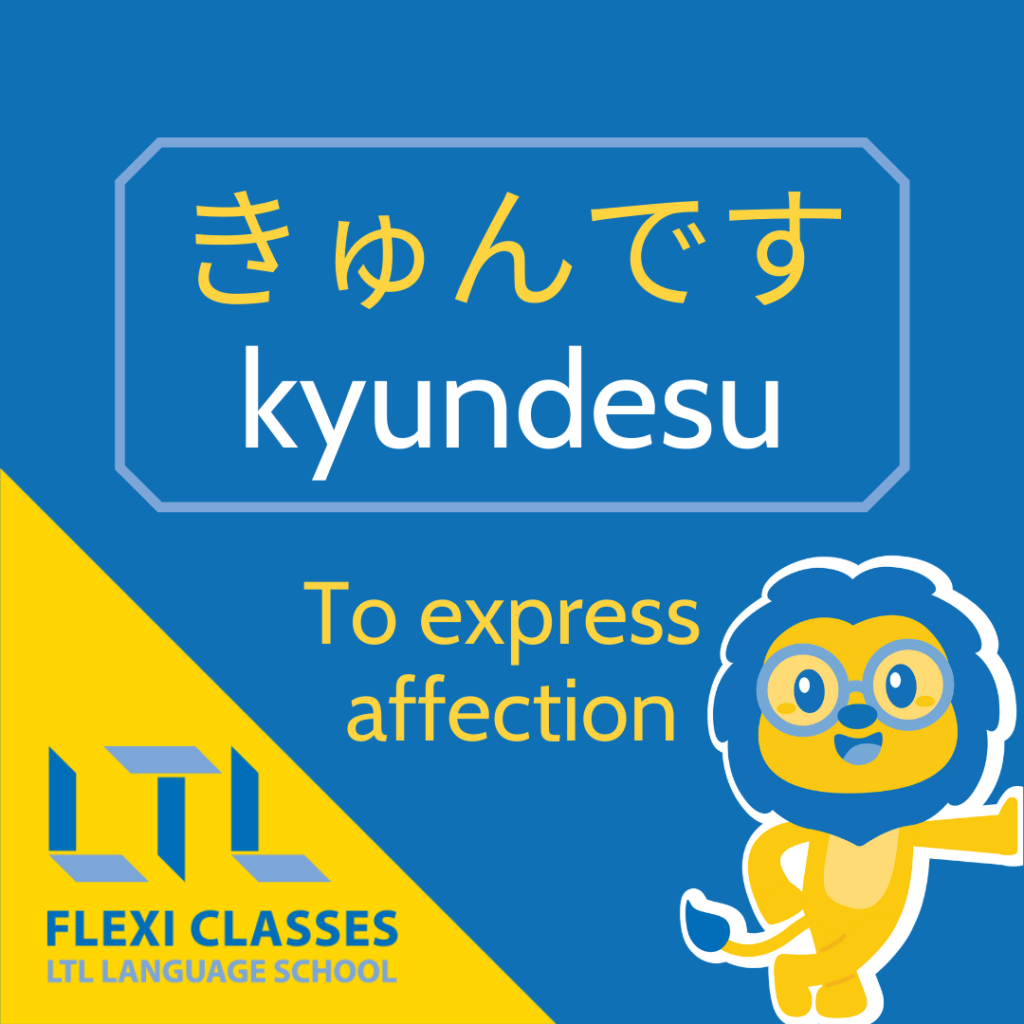
The use of finger hearts was popularized in Korea during the 2010s.
Combining both the finger heart and voicing the onomatopoeia and saying きゅんです as a sign of affection towards someone was first popularized by the Japanese YouTube/TikTok couple Yorunohitowarai (夜のひと笑い).
You can also watch them right here on Tiktok.
Currently きゅんです (and the addition of the finger heart) can be used when expressing affection towards someone or as a greeting too.
It could be understood as a way to say love ya! or my heart flutters for you!
Here is a video from their Youtube channel.
はにゃ? Hanya?

はにゃ? is seen as a cute yet funny alternative sound to be used like:
あれ?are?
あれ is a Japanese interjection used to express surprise or doubt like “huh?”.
Currently the popular Japanese slang はにゃ?is being used by high school girls in the same manner as あれ?
This sound originally comes from a tv show from 30 years ago called Oi! Hanimaru:
But was brought back by the YouTuber Maruyama Rei:
Which may have lead to the use of はにゃ on TikTok by another popular YouTuber Haruki Kai (春木開):
Both of these Youtubers recently using はにゃ influenced the trend of high school girls to use it as well.
ぴえん Pien
ぴえん originally comes from the cute emoticon (ノω≦。) ピエーン where ピエーン is written in Katakana and elongated.
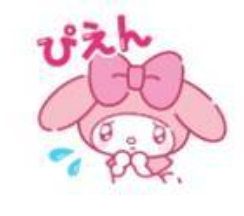
But currently, ぴえん is shortened and now written in hiragana.
With a similar meaning expressed in the original emoticon, ぴえん is used mostly by young girls when they’re a bit sad about something or expressing disappointment.
In some cases this Japanese slang term can also be used to emphasize happy tears, the kind of situation you would make a cute pouty face for.
ぴえん can be understood as a cute ‘boohoo’.
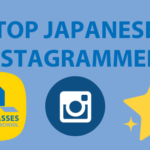
Top 10 Instagram Accounts to Learn Japanese (PLUS 2 Bonus Entries)
Did you know you can actually learn Japanese on Instagram?! The social media platform is host to some fantastic teachers and learning resources these days.
おはようでやんす Ohayoudeyansu
Essentially this is the same meaning as the usual:
おはようございます。
ohayōgozaimasu.
For those of you who don’t know, this is good morning in Japanese.
However, it uses an old traditional version of ございます used during the Edo period, でやんす。

Traditional Japanese has been used in Anime as well as ‘period dramas’.
It is most likely here, where the YouTubers ウチら3姉妹 first picked it up.
It first went viral during a makeup video.
Since then おはようでやんす has evolved into a common greeting used by high schoolers and even into a game (see below)!
Originally popularized by Youtuber ウチら3姉妹:
And it even turned into a game that high schoolers play together!
あせあせ Asease
あせあせ stems from the image of sweat appearing on an anime character when they’re flustered or embarrassed about something.
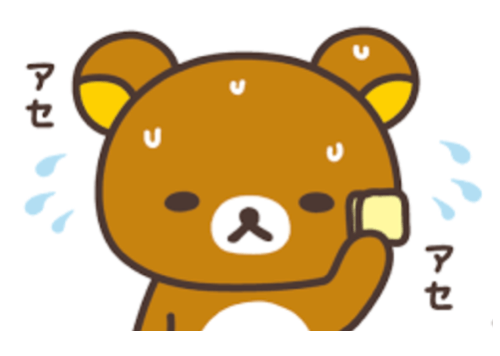
あせあせ literally translates as “sweat sweat”, like anime sweat marks.
Voicing あせあせ is a sign of being flustered or embarrassed about something.
It was first popularized by Japanese YouTuber Nakamachi Aya (中町 綾) as seen in a compilation here:
OK that’s five Japanese slang terms down. Here’s another five for you to learn…!
〇〇しか勝たん 〇〇shikakatan

Can be translated by “Only 〇〇 wins for me”
It was originally used when high schoolers where talking about their favourite singers or performers.
It now has evolved to be used to describe anything they like with a passion!
It also carries a nuance of preferring 〇〇 over everything else.
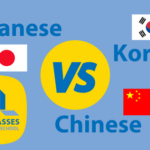
Japanese vs Korean vs Chinese | Which Is Really The Hardest?
Thinking about learning an East Asian language and don’t know which one to go for? Japanese vs Korean vs Chinese – it’s a tough choice right?!
うっせぇわ Usseewa
Building off of the phrase:
うるさい urusai | Noisy
うっせぇわ is used colloquially when telling someone to ‘shut up’ or ‘be quiet’.
As with many Japanese words and phrases, the more masculine pronunciation can be shortened or condensed to become うるせー or うっせー.
うっせぇわ specifically comes from a hit Jpop song by 18 year old singer Ado.

Although the song is sang by a girl, the slang of ‘うっせぇわ’ is still more commonly used by boys.
While it can be used with the original ‘shut up’ meaning, because it’s building off of the lyrics from Ado’s song, it can also have nuances of rebelling against previous generations or older ways.
Who knew Japanese slang had so many levels!
There’s more to come…
それな Sorena
This slang has been around since 2017, but is still being commonly used amongst young people as it’s super useful when talking with people!
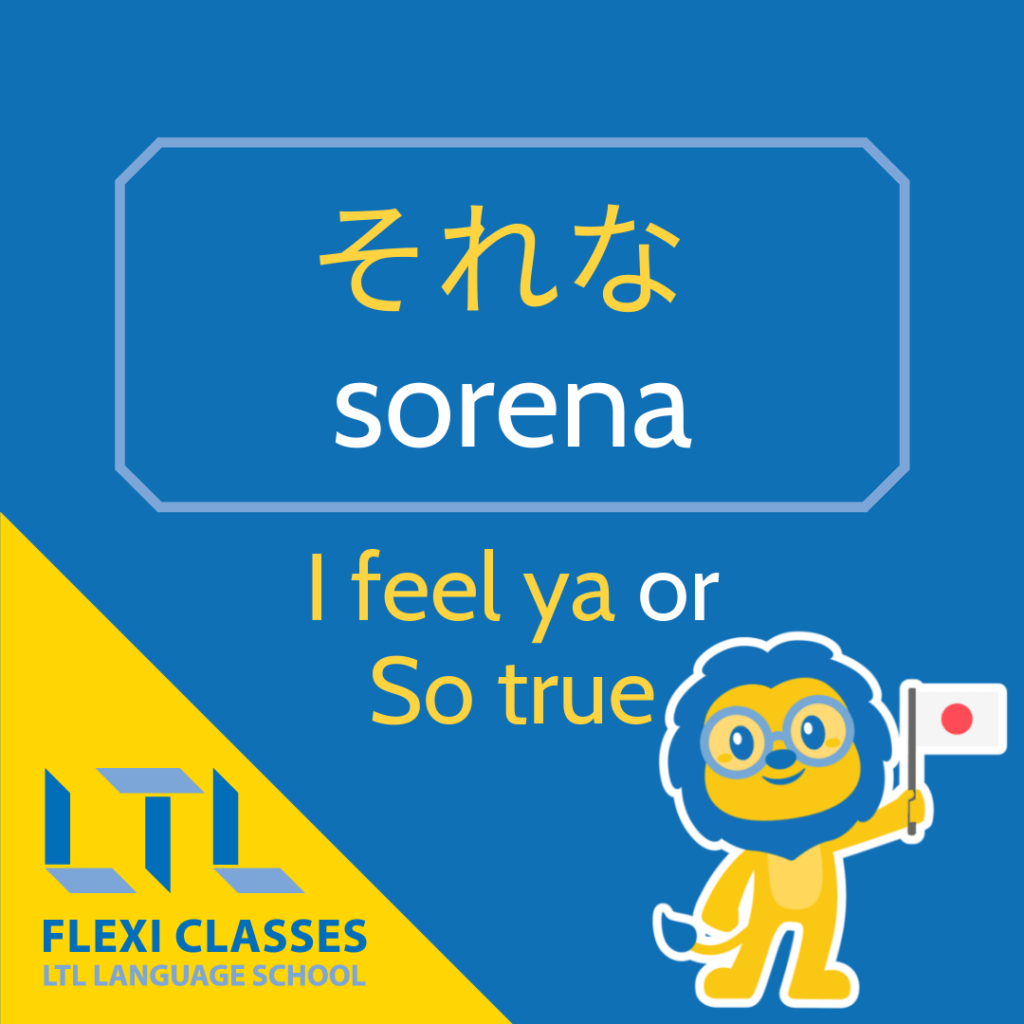
It’s a variation of ‘そうだね’ with more emphasis on agreeing and resonating with what’s being said.
それな can be understood as:
- I know right
- Totally
- I feel ya
- So true
- Exactly
So when you’re talking with people, even when you don’t know what to say you can still respond with それな to agree with people.

蜜です Mitsudesu

蜜です was first used by the Japanese government at the start of the coronavirus to explain 3 places to avoid.
Similar to how English uses the “3Cs” :
- Closed spaces
- Crowded places
- Close-contact
In Japanese these ‘3 C’s’ are known as the:
3つの蜜 (みっつの蜜)
mittsunomitsu
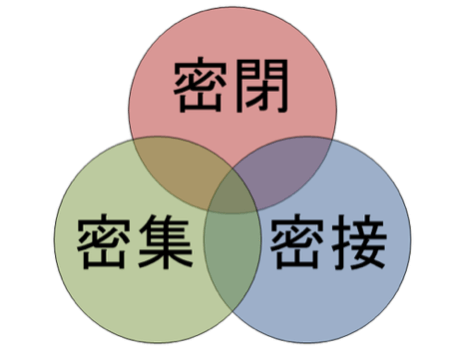
- 密閉 closed spaces with poor ventilation
- 密集 crowded places with many people nearby
- 密接 close-contact settings such as close-range conversations
The exact phrase for “蜜です” was popularized by a Japanese politician Koike Yuriko.
Here is a clip of her saying 蜜です:
Currently 蜜です is being used by young people when asking for personal space or to tell someone they’re too close for comfort.
It can also be used to describe somewhere that’s too crowded and is not necessarily related to the coronavirus anymore.
すいやせぇん Suiyaseen
Originally stemming from the classic way to say ‘excuse me’ or ‘sorry’ in Japanese:
すみません sumimasen
However, this particular usage has developed into a more sarcastic nuance than an actual apology.
This meaning and pronunciation was popularized by the YouTuber who popularized あせあせ that was discussed before.
Her name is Nakamachi Aya, and now it is used comedically by many Japanese high schoolers.
Here’s a compilation of her using すいやせぇん!
Original YouTuber: 中町 綾 なかまち あや
We hope these top 10 Japanese slang words help you to better communicate with the current youth of Japan.
Do you know anymore fun Japanese slang words we should includes in this blog? Why not drop us a comment below and tell us, we’ll include our favourites.
Try some of these out with your Japanese friends and join in on the fun!
If you love learning slang, you’re in luck because we’ve got plenty more where that came from:
- Check out this huge list of Chinese slang terms (+ part II)
- Some of the most used Vietnamese slang words and phrases
- Korean slang, with quiz included
- Some of our favourite Russian slang words
- 21 of the best Italian slang words
Happy studying!
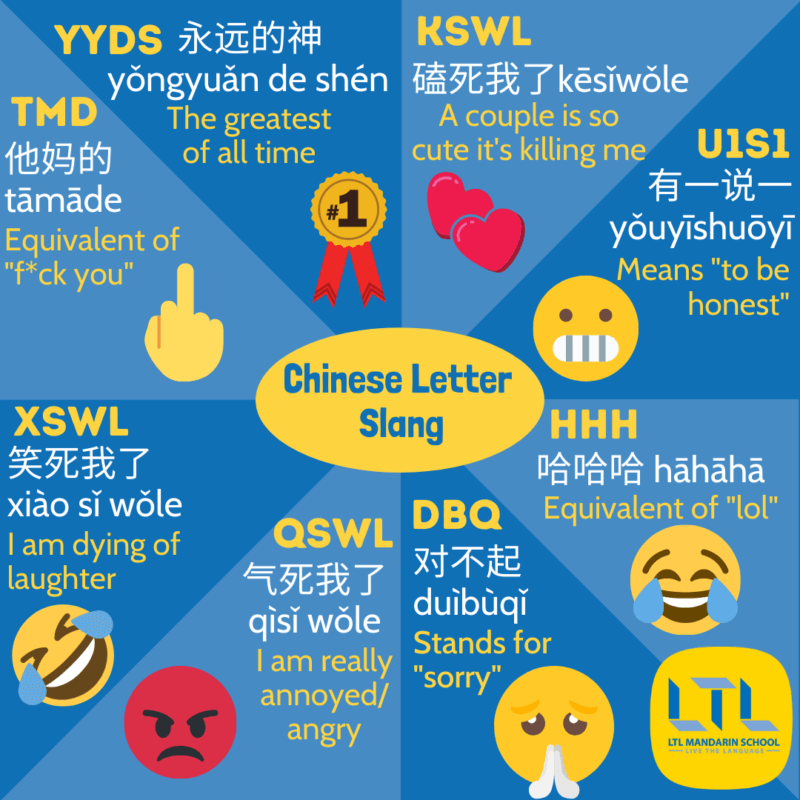
Japanese Slang Words || FAQs
What is 蜜です?
蜜です mitsudesu was first used by the Japanese government at the start of the coronavirus to explain 3 places to avoid.
However the meaning has evolved.
Currently 蜜です is being used by young people when asking for personal space or to tell someone they’re too close for comfort.
It can also be used to describe somewhere that’s too crowded and is not necessarily related to the coronavirus anymore.
How can you translate それな in English?
それな can be understood as:
I know right
Totally
I feel ya
So true
Exactly
What is ぴえん?
ぴえん originally comes from the cute emoticon (ノω≦。) ピエーン where ピエーン is written in Katakana and elongated.
But currently, ぴえん is shortened and now written in hiragana.
With a similar meaning expressed in the original emoticon, ぴえん is used mostly by young girls when they’re a bit sad about something or expressing disappointment.
Does おはようでやんす also mean Good Morning in Japanese?
It does indeed.
おはようでやんす first went viral during a makeup video.
Since then おはようでやんす has evolved into a common greeting used by high schoolers and even into a game (see below)!
It was originally popularized by Youtuber ウチら3姉妹:
Want More From LTL?
WANT TO LEARN JAPANESE? Check out our online Japanese courses here.
We offer a 7-day free trial to all new students where you can study 24/7.
What about studying Japanese in Japan instead? We’ve got your back. Our Japanese courses in Tokyo can either be taken in small groups of no more than 5 students or individually for a more tailored experience.
We even offer incredible homestay experiences in Tokyo as well.
Come and be a part of this amazing community.



















